Taking a dip in your pool can be one of life's greatest pleasures, whether for exercise, relaxation, or social gatherings. However, the enjoyment can be cut short when the water is too cold. A pool heater can prolong your swimming season, turning your pool into a cozy retreat no matter what the weather is like. With a range of choices such as gas, electric, and solar pool heaters, selecting the appropriate one can be overwhelming.
This blog aims to simplify the decision-making process by providing a comprehensive comparison of gas, electric, and solar pool heaters. We'll explore the pros and cons of each type, consider essential factors such as pool size, climate, and budget, and offer recommendations to help you make the best investment for your specific needs. Whether you're looking for rapid heating, energy efficiency, or an eco-friendly solution, understanding the nuances of each heating system will ensure you maximize your pool enjoyment year-round.
Key Factors To Consider Before Choosing a Pool Heater
Selecting the right pool heater involves evaluating several crucial factors to ensure the chosen system aligns with your specific needs and circumstances. Here are the primary considerations:
Pool size and usage: The amount of water in your pool influences the heating needs. Larger pools demand more powerful heaters to achieve the desired temperature. Additionally, how frequently you use your pool influences the type of heater you should consider. For occasional use, a fast-heating option might be preferable, while regular use might warrant a more energy-efficient choice.
Regional climate: The climate of your region significantly influences the choice of heater. In areas with colder temperatures, where it takes considerable heating to keep water at a comfortable level makes high-performance heaters necessary.
Budget: Your financial plan is an important consideration, which includes not just the initial cost of purchase and installation but also the ongoing operational expenses. While some heaters may have a lower initial price, their long-term energy use might lead to greater overall costs.
Energy efficiency: How energy-efficient a pool heater is will impact both its operating costs and its effect on the environment. High-efficiency models require less energy to achieve the same heating output, leading to reduced utility bills and a smaller carbon footprint.
Installation space and requirements: Review the space available for the installation of the pool heater. Certain systems, such as solar heaters, necessitate ample roof space, while gas heaters require appropriate ventilation and gas line connections.
Gas Pool Heaters
Gas pool heaters are favored for their quick heating ability and dependability. They utilize either natural gas or propane to produce heat, making them adaptable for various uses.
How they work: Gas pool heaters work by combusting gas in a combustion chamber, creating heat that is then transferred to the pool water as it flows through the heater. The warmed water is then returned to the pool, increasing the overall temperature.
Advantages:
Gas heaters are recognized for their capacity to quickly heat pool water, making them perfect for infrequent use or when you need to quickly raise the pool temperature for an event.
If you use your pool only occasionally, a gas heater can swiftly elevate the water temperature to a comfortable level without needing to operate continuously.
Gas heaters deliver reliable performance irrespective of the surrounding temperature, ensuring steady heating even in cooler conditions.
Disadvantages:
Typically, gas heaters have greater operational expenses when compared to electric or solar heaters due to the costs of natural gas or propane.
Setting up gas heaters necessitates a connection to a gas line, which may incur extra costs if there isn’t one already in place.
The combustion of fossil fuels leads to greenhouse gas emissions, making them less eco-friendly than electric or solar alternatives.
Most Appropriate For:
Colder regions: Gas heaters are particularly effective in colder areas where more heating is necessary to keep the water at a pleasant temperature.
Infrequent users: For those who swim in their pool sporadically, the quick-heating feature of a gas heater proves to be a sensible option.
Electric Pool Heaters
Electric pool heaters, specifically heat pumps, offer an energy-efficient alternative to gas heaters. They work by transferring heat from the surrounding air into the pool water.
How they work: Electric heat pumps draw in ambient air and pass it over an evaporator coil containing a refrigerant. The refrigerant absorbs the heat and becomes a gas. This gas is then compressed, which further increases its temperature. The hot gas passes through a condenser, where it releases the heat into the pool water circulating through the system. The cooled refrigerant then cycles back to the evaporator to repeat the process.
Advantages:
Heat pumps are highly energy-efficient, using significantly less energy than gas heaters to produce the same amount of heat.
Due to their energy efficiency, electric heat pumps typically have lower operational costs compared to gas heaters.
Electric heaters produce no on-site emissions, making them a more environmentally friendly option when powered by renewable energy sources.
Disadvantages:
Heat pumps heat pool water more slowly than gas heaters, which may not be ideal if you need to heat the pool quickly.
Their efficiency decreases in colder temperatures, making them less suitable for regions with prolonged cold weather.
The initial cost of purchasing and installing a heat pump can be higher than that of a gas heater.
Best Suited For:
Warm climates: Heat pumps perform optimally in warm climates where the ambient air temperature remains relatively high.
Regular use: If you use your pool regularly, the consistent and energy-efficient heating provided by a heat pump can be a cost-effective solution.
Solar Pool Heaters
Solar pool heaters are an environmentally friendly and cost-effective way to heat your pool using the sun's energy. They harness solar energy to warm the water, reducing reliance on traditional energy sources.
How they work: Solar pool heaters consist of solar collectors installed on a roof or other sunny location. Pool water is pumped through these collectors, where it absorbs heat from the sun. The heated water is then returned to the pool, raising the overall temperature.
Advantages:
Solar heaters utilize renewable energy, reducing your carbon footprint and reliance on fossil fuels.
Once installed, solar heaters have minimal operating costs, as the energy source is free.
Solar pool heaters can have a long lifespan with proper maintenance, offering years of cost-effective heating.
Disadvantages:
The initial investment for solar pool heaters can be substantial, including the cost of collectors and installation.
The effectiveness of solar heaters depends on the amount of sunlight available, making them less reliable in cloudy or shaded areas.
Solar collectors require significant roof space or a sunny area for installation, which may not be available on all properties.
Best Suited For:
Sunny climates: Solar heaters are most effective in sunny climates with consistent sunlight throughout the year.
Eco-conscious owners: If you prioritize environmental sustainability and are willing to invest in a green solution, solar heating is an excellent choice.
Comparison Table: Gas vs Electric vs Solar
Feature | Gas Pool Heaters | Electric Pool Heaters | Solar Pool Heaters |
Cost (Initial) | Moderate | High | High |
Cost (Operational) | High | Low | Very Low |
Efficiency | Low | High | Moderate (Weather Dependent) |
Environmental impact | High (Fossil Fuels) | Low (No On-Site Emissions) | Very Low (Renewable Energy) |
Lifespan | 5-10 years | 10-15 years | 15-20 years |
Maintenance | Moderate (Regular Inspections Needed) | Low (Annual Check-Up) | Low (Occasional Cleaning of Collectors) |
Pool Heat Pump Parts Troubleshooting: Here's What You Need to Know
Which Pool Heater Is Right For You?
Choosing the right pool heater depends on your specific needs, location, and priorities. Here are some recommendations and decision-making tips to guide you:
Recommendations based on user needs and location:
For colder climates and infrequent use: A gas pool heater is the most practical choice due to its rapid heating capabilities and reliability in cold weather.
For warm climates and regular use: An electric heat pump offers the best balance of energy efficiency and consistent heating, making it ideal for frequent swimmers in warmer regions.
For sunny climates and eco-conscious owners: A solar pool heater is an excellent long-term investment, providing sustainable and cost-effective heating in areas with abundant sunshine.
Decision-making tips:
Assess your pool usage: Determine how often you plan to use your pool and whether you need rapid heating or consistent temperature maintenance.
Evaluate climate conditions: Consider the average temperatures and sunlight availability in your region to determine the most suitable heating system.
Calculate the total cost of ownership: Consider the initial purchase cost, installation expenses, ongoing operational costs, and maintenance fees to assess the long-term viability of each option.
Evaluate environmental impact: If sustainability is essential, choose electric or solar heaters to reduce your carbon footprint.
Review local regulations: Make sure that your selected heating system adheres to local building codes and energy efficiency requirements.
Revolutionary AI Pool Heat Pumps: The Ultimate Upgrade for 2025
Choosing the right pool heater requires thoughtful evaluation of your pool dimensions, climate, budget, and usage habits. The best decision hinges on matching your particular needs with the benefits of each heating option. By considering the advantages and disadvantages of gas, electric, and solar pool heaters, you can arrive at a knowledgeable choice that guarantees a pleasant and enjoyable pool experience throughout the swimming season. USAPoolShop is your go-to source for premium pool equipment parts. We offer a wide range of high-quality filters, pumps, heaters, and cleaners from top manufacturers
FAQs
Can I use more than one type of pool heater for better efficiency?
Yes, hybrid systems combining solar and gas or solar and electric heaters are becoming popular. They provide the eco-benefits of solar with the backup power of gas or electric, offering more consistent heating and potential energy savings.
How do local utility rebates or incentives affect pool heater choices?
Many regions offer incentives or rebates for solar pool heaters or energy-efficient electric models. These programs can significantly reduce upfront costs and influence your decision based on long-term savings.

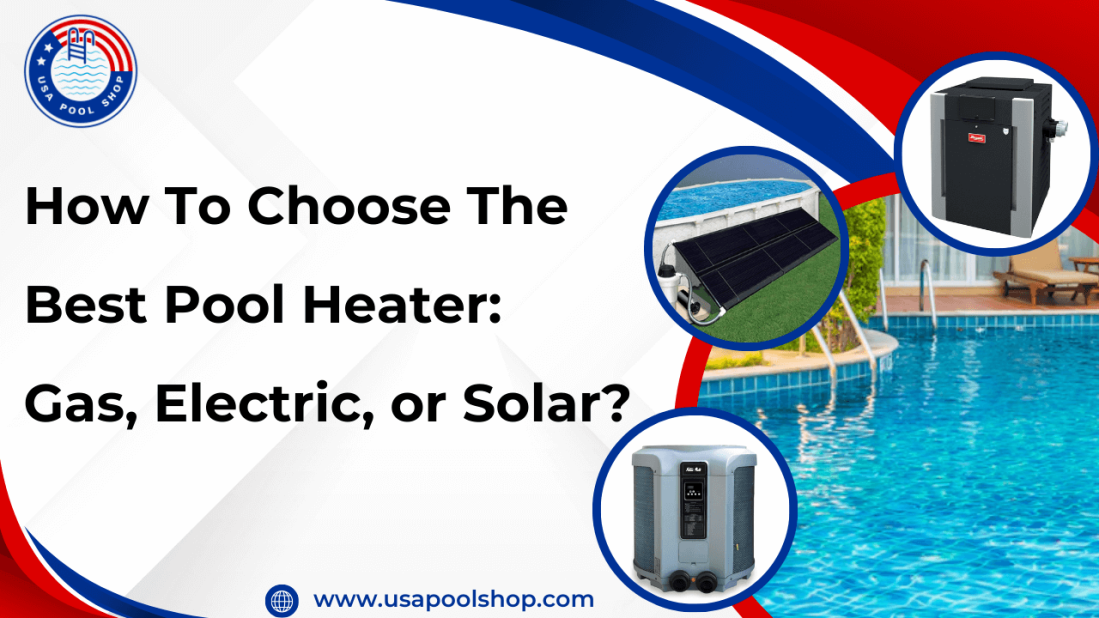


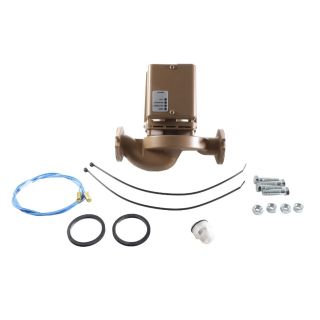
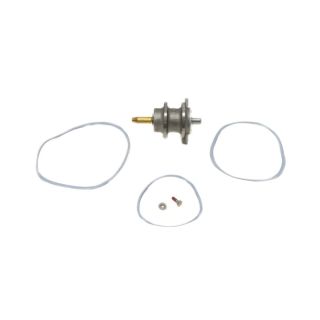
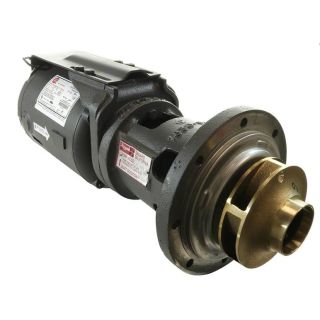
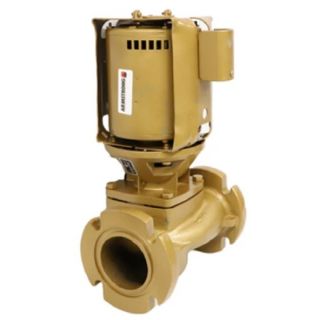
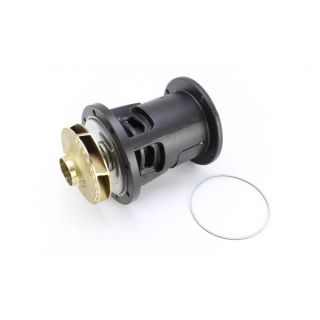
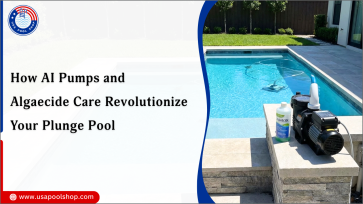
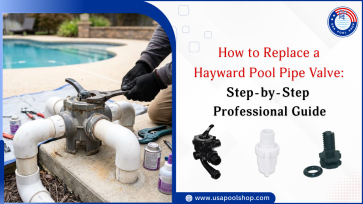
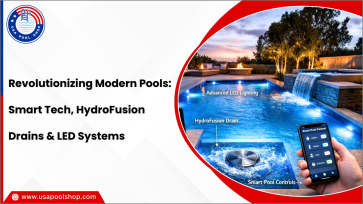


Validate your login